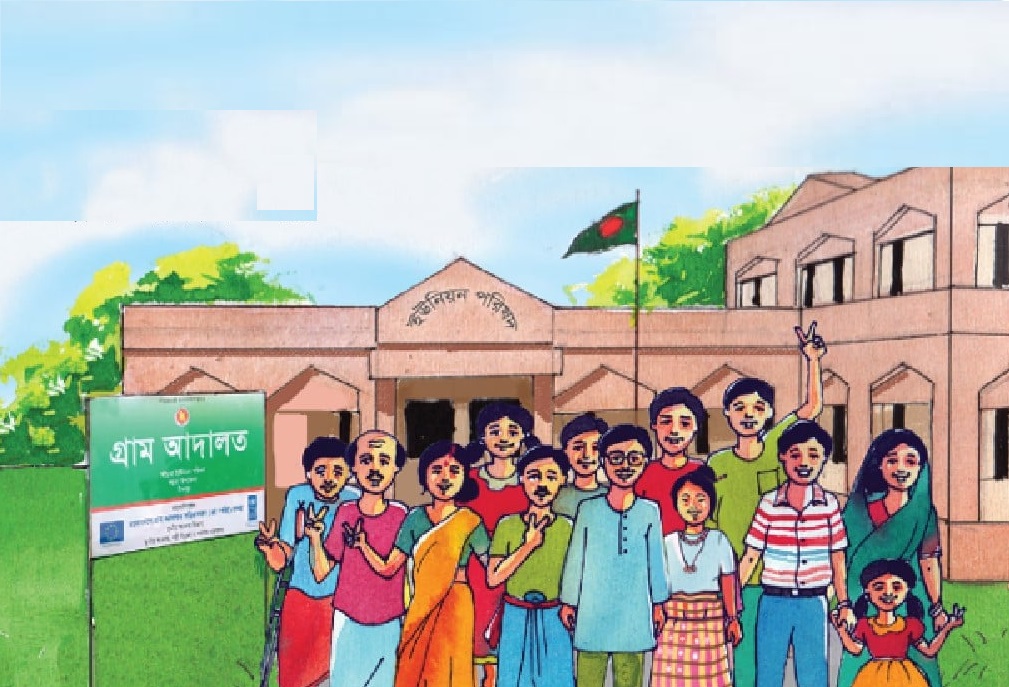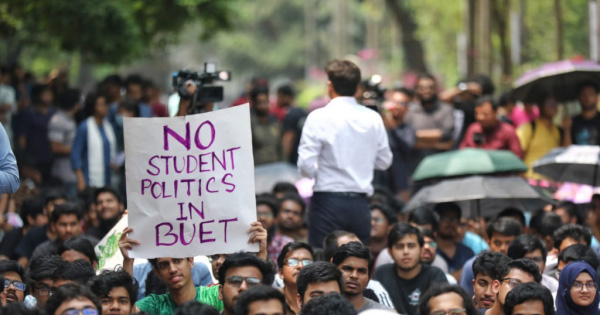Bangladesh is currently facing two interrelated crises: crippling air pollution and widespread corruption. The government’s inaction on these urgent problems threatens public health and erodes the foundation of society, as evidenced by recent findings from Transparency International Bangladesh (TIB) and worldwide assessments of air quality.
## A Corrupt Landscape
According to the Corruption Perceptions Index (CPI) 2021, Bangladesh ranks as the second-most corrupt country in South Asia, just behind Afghanistan. With a dismal score of 26 out of 100, the nation ranks 147th out of 180 countries. This pervasive corruption stifles economic growth, erodes trust in public institutions, and disproportionately impacts the vulnerable, perpetuating cycles of poverty and inequality.
The implications of such high levels of corruption are dire. Resources meant for essential services like education, healthcare, and infrastructure are siphoned off, leaving the population to bear the brunt of inadequate public services. This environment not only facilitates corruption but also diminishes the effectiveness of any initiatives aimed at improving living conditions, such as environmental regulations.
## The Pollution Crisis
Simultaneously, Dhaka has been declared the world’s most polluted city, with an alarming air quality index (AQI) reading of 197. Such pollution is not merely a nuisance; it poses severe health risks, particularly to the city’s most vulnerable populations. Air pollution in Dhaka is primarily driven by brick kilns, vehicle emissions, and construction dust—issues that could be mitigated through effective governance and regulatory oversight.
The impact of pollution is far-reaching, contributing to chronic respiratory diseases, heart disease, and even premature death. The World Health Organization estimates that air pollution kills an estimated seven million people globally each year. In Bangladesh, the convergence of pollution and corruption creates a deadly environment, where public health concerns are sidelined for profit and personal gain.
The government’s failure to effectively combat these issues is alarming. Despite claims of progress, the reality is a persistent lack of accountability and transparency. The resources that could be directed towards environmental management and public health initiatives are instead diverted into the pockets of corrupt officials. Moreover, without stringent enforcement of environmental regulations, industries continue to operate unchecked, exacerbating pollution levels. It is clear that the current trajectory is unsustainable. The health of millions hangs in the balance, yet the government remains mired in inefficiency and corruption. Citizens are left to navigate a polluted environment while grappling with the repercussions of a corrupt system that prioritizes personal gain over public welfare.
In addition to fighting corruption, the government must place a high priority on accountability and openness in order to safeguard the public’s health and the environment. To handle the two crises Bangladesh is currently facing, strong enforcement mechanisms and effective regulations are necessary. Citizens deserve a government that prioritizes their well-being over corruption and inefficiency. In conclusion, as Bangladesh continues to struggle with these profound challenges, it is imperative that the government takes meaningful steps towards reform. The health and safety of the population depend on it, and without decisive action, the nation risks a future defined by corruption and pollution. The people of Bangladesh deserve better.






